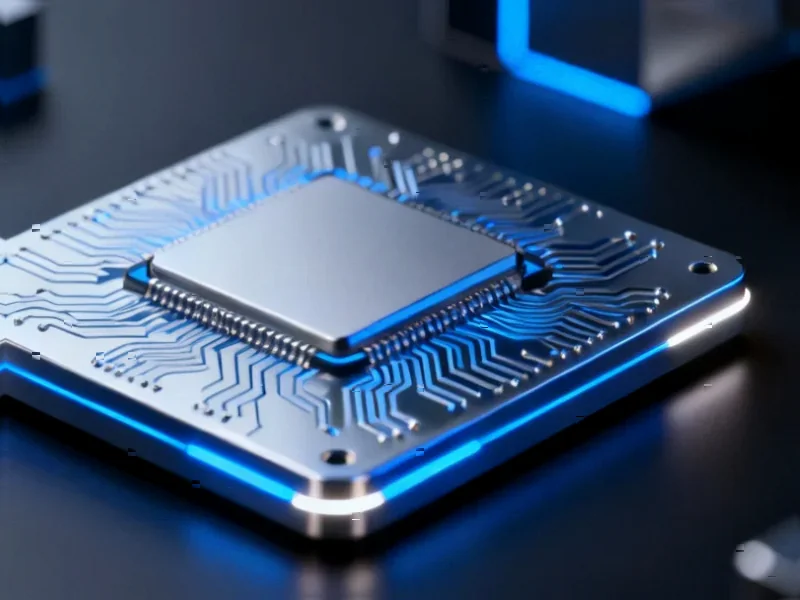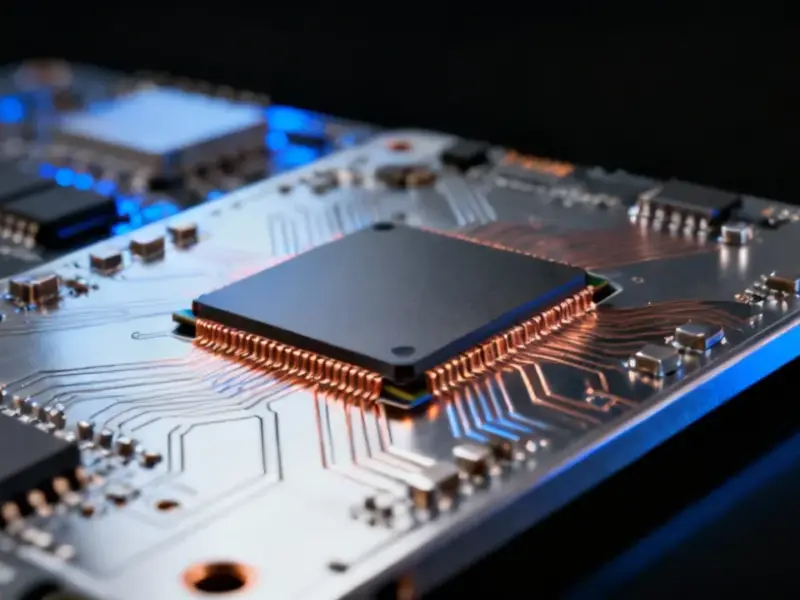According to Phoronix, SUSE engineers have submitted initial U-Boot support patches for the Raspberry Pi 5 single-board computer, providing a significant bootloader upgrade for Linux users. Simultaneously, patches for the Raspberry Pi 5’s onboard Ethernet controller have been posted for upstream Linux kernel integration. These developments come just months after the Raspberry Pi 5’s October 2023 launch and represent crucial infrastructure improvements for the popular $60-$80 development board. The U-Boot support enables proper bootloader functionality beyond the Raspberry Pi firmware, while the Ethernet patches address networking capabilities directly in the mainline kernel. Both contributions are currently in patch review stages but signal rapid progress for enterprise and enthusiast Linux deployment on the platform.
Why enterprise Linux is suddenly interested
Here’s the thing – SUSE isn’t exactly known for hobbyist single-board computer support. They’re an enterprise Linux company with serious business customers. So why are their engineers spending time on Raspberry Pi 5 support? I think we’re seeing the Pi platform mature in ways nobody predicted. What started as an educational tool has become legitimate infrastructure for everything from edge computing to IoT deployments.
And the timing is perfect. The Raspberry Pi 5 represents the most capable Pi yet, with PCI Express support and much faster I/O. Basically, it’s crossing over from “fun project board” to “actual server hardware.” Companies running SUSE Linux Enterprise might actually deploy these things in production now. That’s a huge shift from the Raspberry Pi 4 generation.
Who wins and who loses here
This is bad news for competitors like Orange Pi and RockPi. Those boards often competed on having better mainline Linux support than Raspberry Pi. Now? The foundation’s hardware is getting enterprise-grade attention from major Linux vendors. That’s a game changer.
But the real winner might be the entire open source ecosystem. When companies like SUSE contribute upstream support, everyone benefits – including users of Ubuntu, Fedora, and other distributions. The Raspberry Pi Foundation’s decision to work more closely with the open source community appears to be paying off in ways that benefit all Linux users.
Look, the Raspberry Pi was always held back by its proprietary boot process and limited mainline kernel support. These patches represent the exact opposite direction – proper open source integration. Could this finally be the moment Raspberry Pi becomes a first-class citizen in the Linux world? I think we’re getting there faster than anyone expected.




